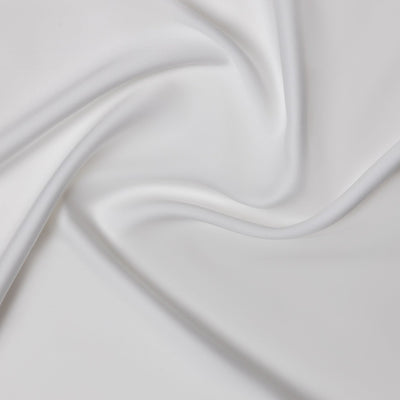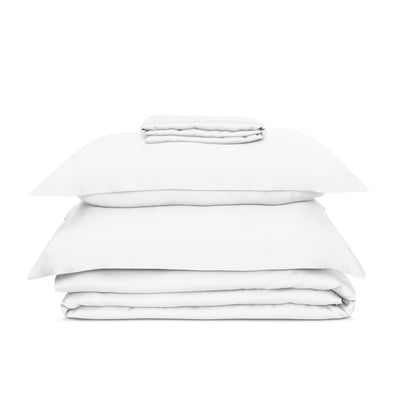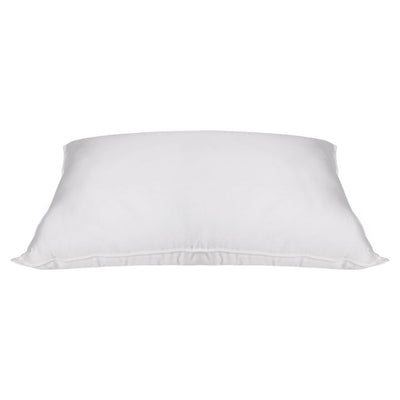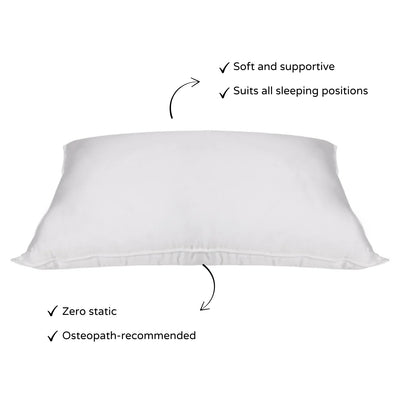Why Eucalyptus?
Eucalyptus is the future's fabric.
-

Softness
-
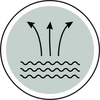
Breathability
-
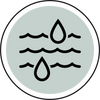
Moisture
-
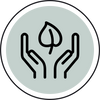
Sustainability
-

Pesticides
-
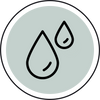
Water-Usage
-

Energy
-
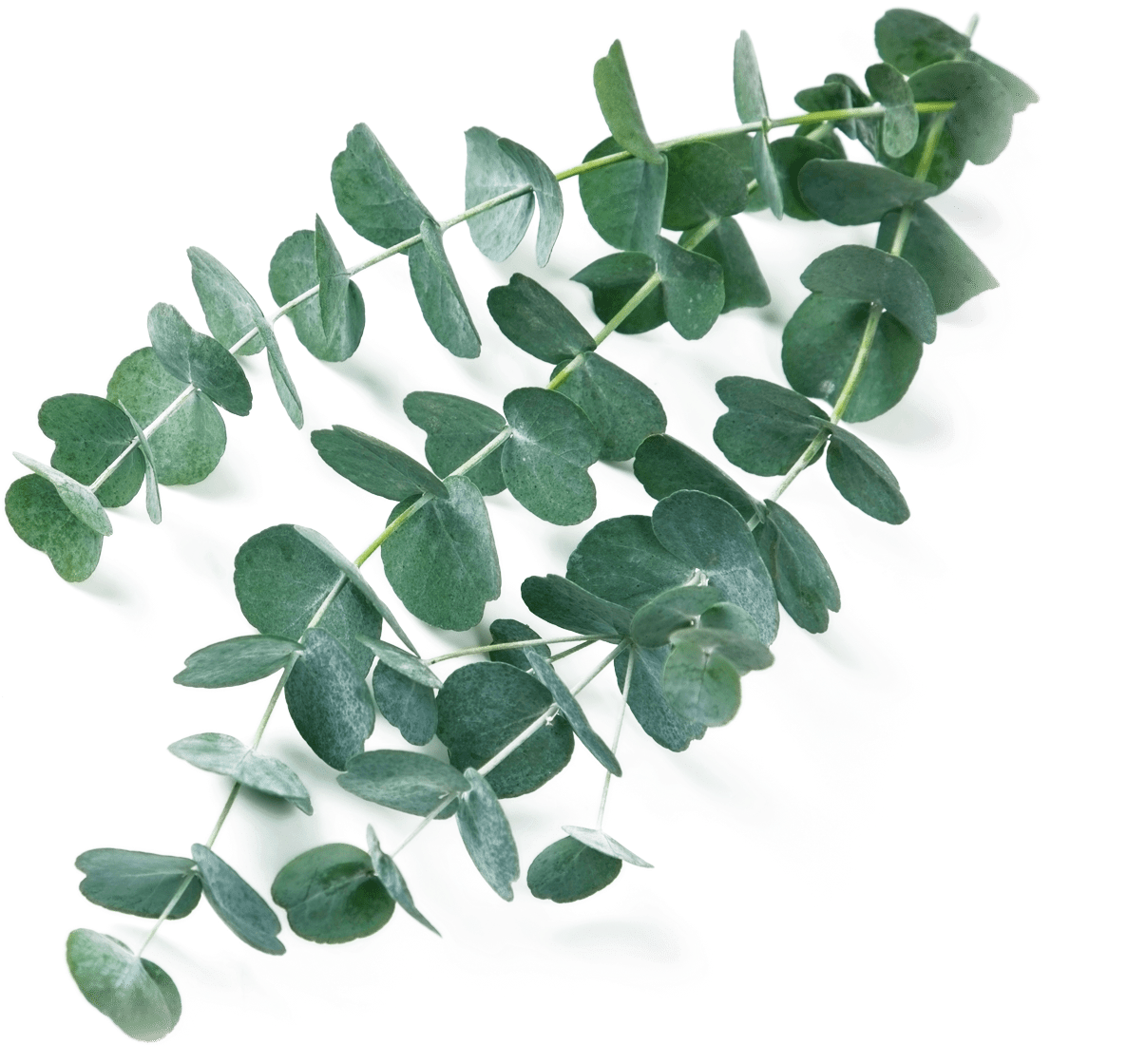
Eucalyptus
Perfectly round fibre yields a lower coefficient of friction. Perfect for sensitive skin.

Softness
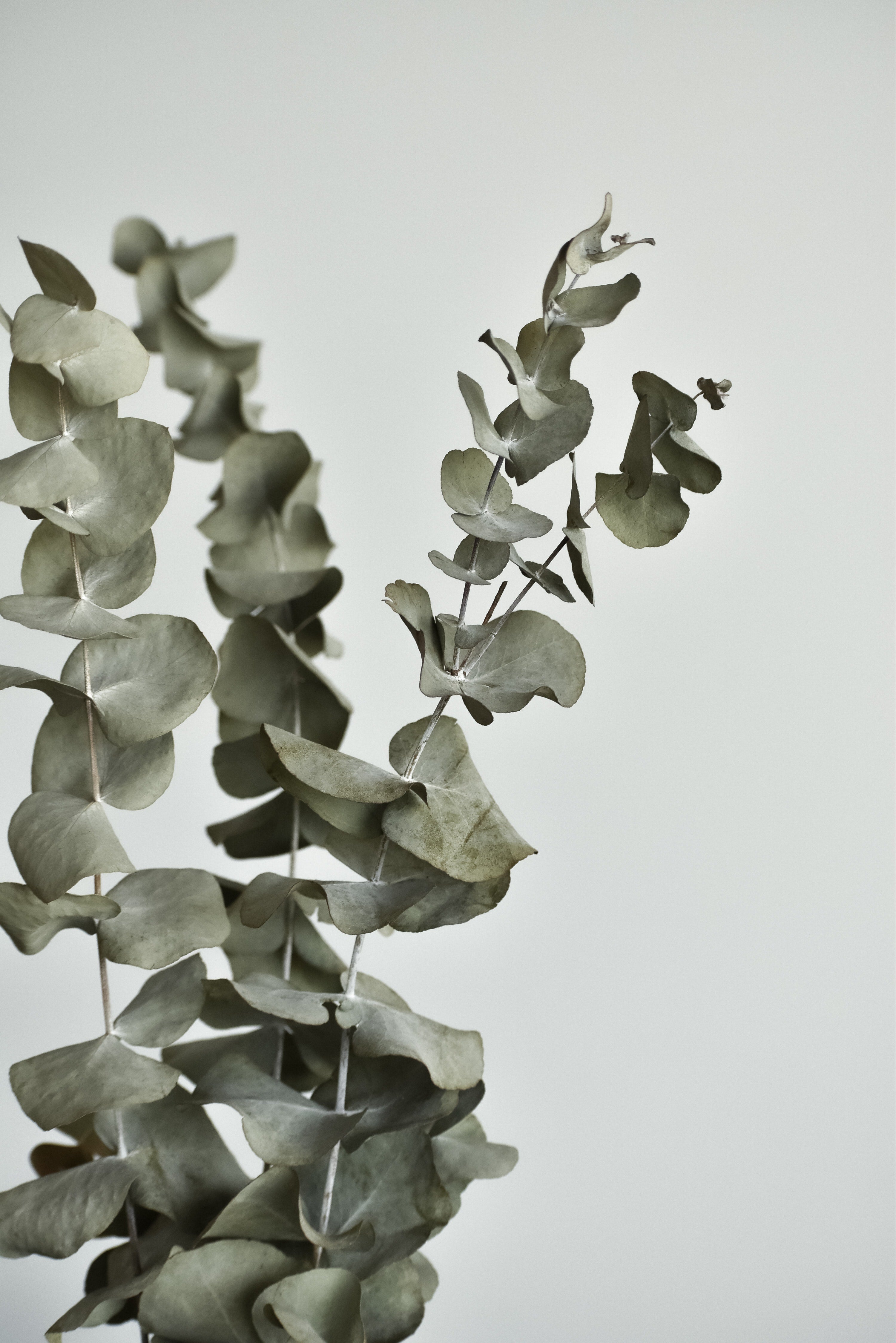
Cotton
Naturally wavy fiber filament with higher surface friction. Rough and scratchy.
-

Eucalyptus
Highly breathable – no night sweats. We're not magicians, but we are sleep scientists.

Breathability

Cotton
Super sweaty – it’s not you, it’s the sheets. Even the finest organic cotton isn't as breathable!
-

Eucalyptus
Superior moisture management creates a dry, hostile environment for bacterial growth. Stays fresher longer.

Moisture

Cotton
Holds onto moisture, which promotes bacterial growth – maybe go change your cotton sheets right now.
-

Eucalyptus
Our Eucalyptus trees are grown in biodiverse forests on non-arable land. Land that is unsuitable for farming.

Sustainability

Cotton
Currently, cotton crops use about 2.5% of the world’s arable land. Land that could be better used for food.
-

Eucalyptus
Uses no pesticides or insecticides. Eucalyptus trees are naturally repellent to nasties.

Pesticides

Cotton
Uses ~16% of global insecticides, including neonicotinoids that kill birds and bees.
-

Eucalyptus
Our sheets use only about 150 litres of water in production. So considerate.

Water-Usage

Cotton
An average cotton bed sheet uses about 4,000 litres of water. Stay thirsty, my friend.
-

Eucalyptus
19kwH, or 30% less energy, to make a set of our super soft Eucalyptus sheets.

Energy

Cotton
27kwH of energy to make a set of cotton sheets. Way more energy for way less comfort.
Environmental Impact
Less Water Usage
95% less water used than traditional cotton production - 150 litres vs. 3,000 litres.
No Farmable Land
Grown on non-farmable land in biodiverse forests - cotton uses 2.5% of the world's arable land.
No Toxic Chemicals
No pesticides, herbicides or toxic chemicals are used in our process - cotton uses ~2,000.
30% Less Energy
It takes about 19 kWh to make our sheets, compared to 27 kWh for cotton sheets.
Closed Loop
99% of the chemicals, water and waste is then reused in the unique closed loop system.
Carbon Negative
Simple and transparent supply chain, so we can easily offset every atom of carbon produced.
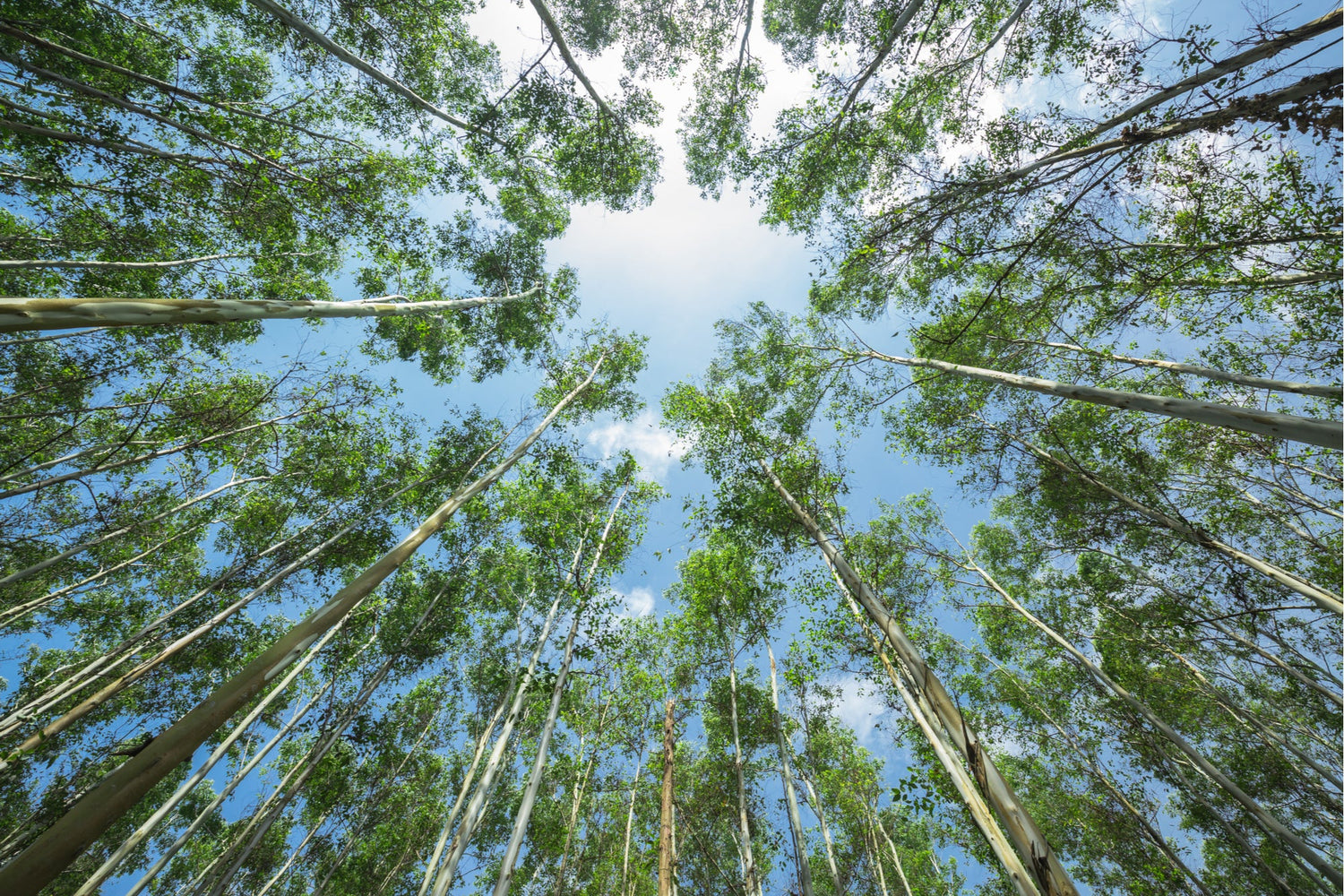
How is it made?
-
Forest
Our eucalyptus trees are grown in well goverened biodiverse forests.
They are harvested rather than uprooted so grow back quickly, plus grow on land which is unsuitable for agriculture.
No natural habitats are destroyed and we more than replenish our supply. -
Wood
The first step of our award-winning process is to take the sustainably sourced raw material - eucalyptus wood.
Turning eucalyptus wood into fibre has an extremely low environmental impact when compared with cotton.
We use 95% less water, substantially less energy, and zero herbicides or pesticides. This is compared with 2,000 toxic chemicals used in cotton production. -
Pulp
The wood pulp is dissolved in a non-toxic chemical called Amine Oxide, which reduces it down into a cellulose viscous solution.
There are no toxic chemicals, and all our bedding carries OEKO-TEX organic certification for ultimate peace of mind. -
Fibre
The pulp is then extruded through extremely fine holes, which creates our raw fibre.
99.9% of the chemicals, water and waste is then reused in the unique closed loop system.
This protects the environment, conserves energy, and saves even more water. -
Yarn
The fibre is spun into a yarn ready for weaving by our family-owned manufacturing partners.
They're global textiles experts and innovators, with everyone paid more than a fair living wage, and they're widely considered the best in the world at what they do. -
Fabric
The process was awarded the Environmental Award by the European Union.
All our fabric is the highest certifiable quality and woven specifically for the perfect drape and feeling of luxury.
We plant one tree for every order received, as a thanks to earth.
We’re on track to plant 100,000 by 2025























